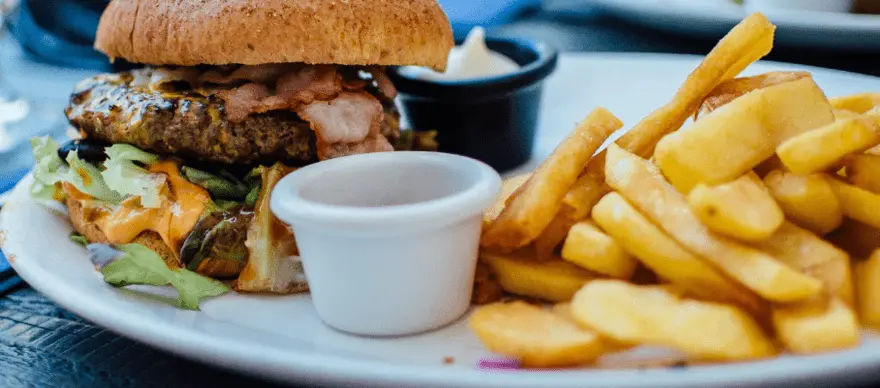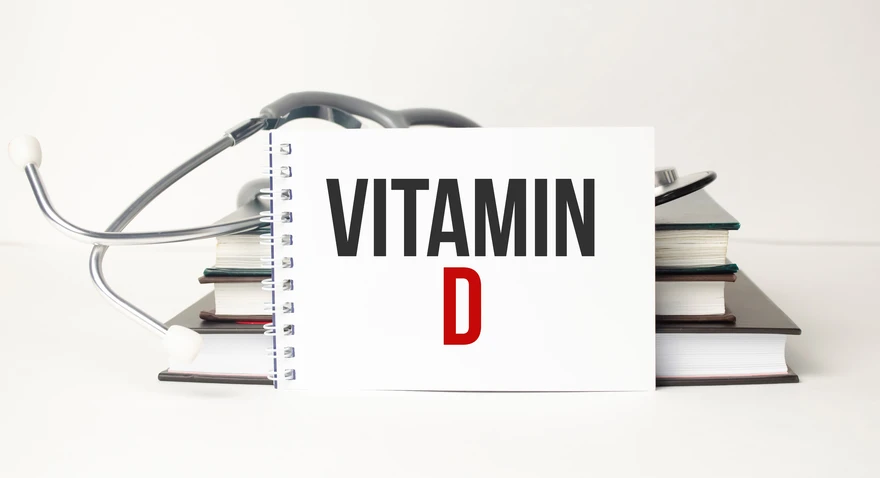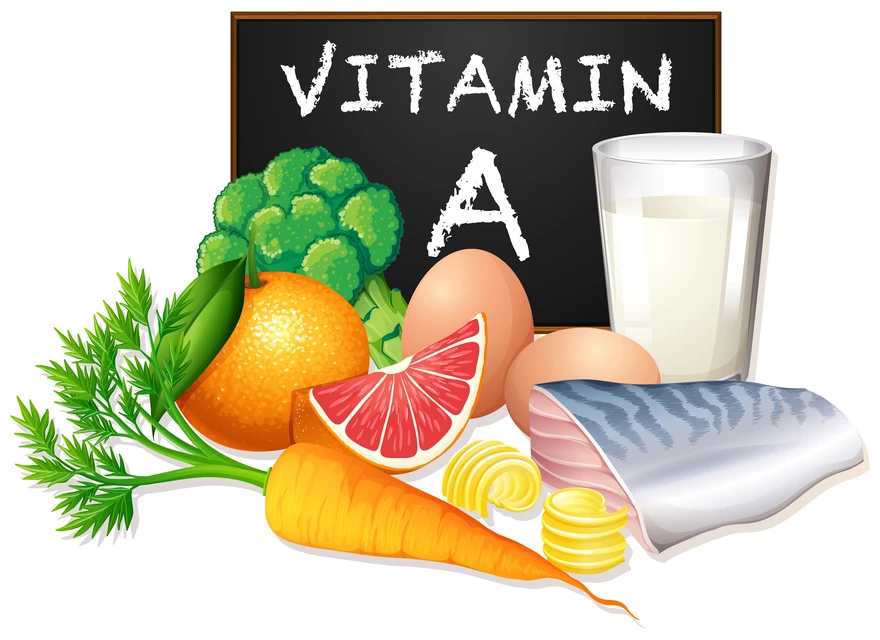PCOD Diet Chart
PCOD Diet Chart: Foods to Eat and Avoid
The condition of PCOD is a lifestyle disease commonly seen among women today. While its exact causes are unknown, some common issues triggering PCOD include poor lifestyle, stress, obesity and other associated disorders.. With early diagnosis and preventive steps such as weight loss and PCOD specific diet , you can reduce the risk of long-term health complications related to heart and type 2 diabetes. Symptoms of PCOD? Recognising the early signs and symptoms of PCOD can help you keep the disorder in control. You must understand that not all symptoms and signs of PCOD are similar for every woman. Despite varying from one person to the other, they are treatable with a good PCOD Diet Plan and exercise. For many, PCOD starts at puberty when their first menstrual period hits. As for many others, PCOD may develop due to a poor lifestyle resulting in weight gain. For a better understanding of this common lifestyle disease, let us check the symptoms. If you experience two or more of these symptoms, consult a medical practitioner: 1. Irregular Periods This is one of the most common symptoms of PCOD. The irregularities in one’s menstrual cycle can range from two months to 7 months and even more in some cases. The menstrual disturbances caused by PCOD can also result in abnormally heavy periods, lasting for days. 2. Excess Levels of Androgen An increase in male hormone levels called androgen is another factor that causes PCOD. One of the early signs of androgen-induced-PCOS is sudden growth in facial and body hair. Also known as hirsutism, this condition causes unwanted hair growth in the chin area, abdomen, back, upper arms and legs and around the breast area. Severe acne and male-pattern baldness are other signs of hirsutism. 3. Polycystic Ovaries In PCOD, the ovaries tend to enlarge as several small-sized fluid-filled sacs start growing inside them. Also known as follicles, these sacs contain immature eggs that cannot ovulate. These cysts further alter the progesterone, oestrogen, FSH and LH levels, causing androgen to rise. How Can a PCOD Diet Chart Help? By following a PCOD Diet Chart, you can start to control the symptoms of PCOD and maintain a healthy life. The diet charts usually recommend the consumption of green and leafy vegetables, along with foods that help supply the body with enough nutrients. When making a PCOD Diet chart , ensure to include foods rich in nutrients such as calcium, iron, protein, potassium, magnesium and multiple vitamins, including vitamin B. Two primary ways that diet impacts PCOD are insulin production and resistance and weight management. It is important to note that Insulin plays a vital role in PCOD. Therefore, following a diet to manage insulin levels is one of the best steps to managing the condition. For best results, follow a diet that meets your nutritional requirements, keeps excess weight under check and promotes good insulin levels. Foods to Include in Your PCOD Diet Chart Plan Let us check out foods that are a definite yes to control the symptoms of PCOD: 1. Fruits Your PCOD Diet Plan should definitely include fruits daily. You may add fruits like red grapes, cherries, blueberries, blackberries, strawberries and apples to your diet. These fruits are low in glycaemic index (GI), helpful for insulin sensitivity. 2. Vegetables Green leafy vegetables, including kale, broccoli and spinach, are excellent additions to a PCOD Diet Chart. They can also prove beneficial in improving blood circulation and skin health. 3. High-fibre Fibre-rich foods such as beans, avocados, nuts, peas and oranges help keep PCOS symptoms under control and should be a part of the PCOD Diet Chart. 4. Nuts Many nuts such as walnuts, almonds, pistachios and pine nuts are good sources of healthy fats that help to treat PCOD. 5. Fish While you can include lean meats in your diet, a PCOD Diet Plan For Weight Loss must feature omega-rich and fatty fish such as salmon, sardines, mackerel and tuna. Foods to Avoid in PCOD As PCOD is a lifestyle disease, you must follow specific diet restrictions. It would be best to avoid packed and processed foods that are also harmful overall to the body. 1. Refined Carbs It is best to avoid refined carbs such as pastries, bread, breakfast cereals, pizzas and anything containing white flour. 2. Sugary Beverages A PCOD Diet Plan For Weight Loss is meaningless unless you put a stop to the consumption of all forms of sugary drinks like sodas, sports drinks, sweetened waters and more. 3. Processed Meats If you wish to cure PCOD, forget processed meats that come in the form of sausages, salamis, hot dogs and more Conclusion To conclude, like every lifestyle disease, PCOD too can be controlled and cured with minute attention to diet and exercise. You may consult a doctor for efficient treatment who is qualified to suggest what PCOD Diet will suit you best. Besides guiding your diet, the doctor can suggest behavioural strategies from goal-setting to self-monitoring techniques to help you achieve your goals better and quicker. As a preventive measure, it would help to take a PCOS profile - 3 Test without delay as soon as you notice any of the symptoms mentioned above. Along with this doctors also recommend regular testing of sugar and cholesterol levels as these may also contribute to PCOD.














 WhatsApp
WhatsApp